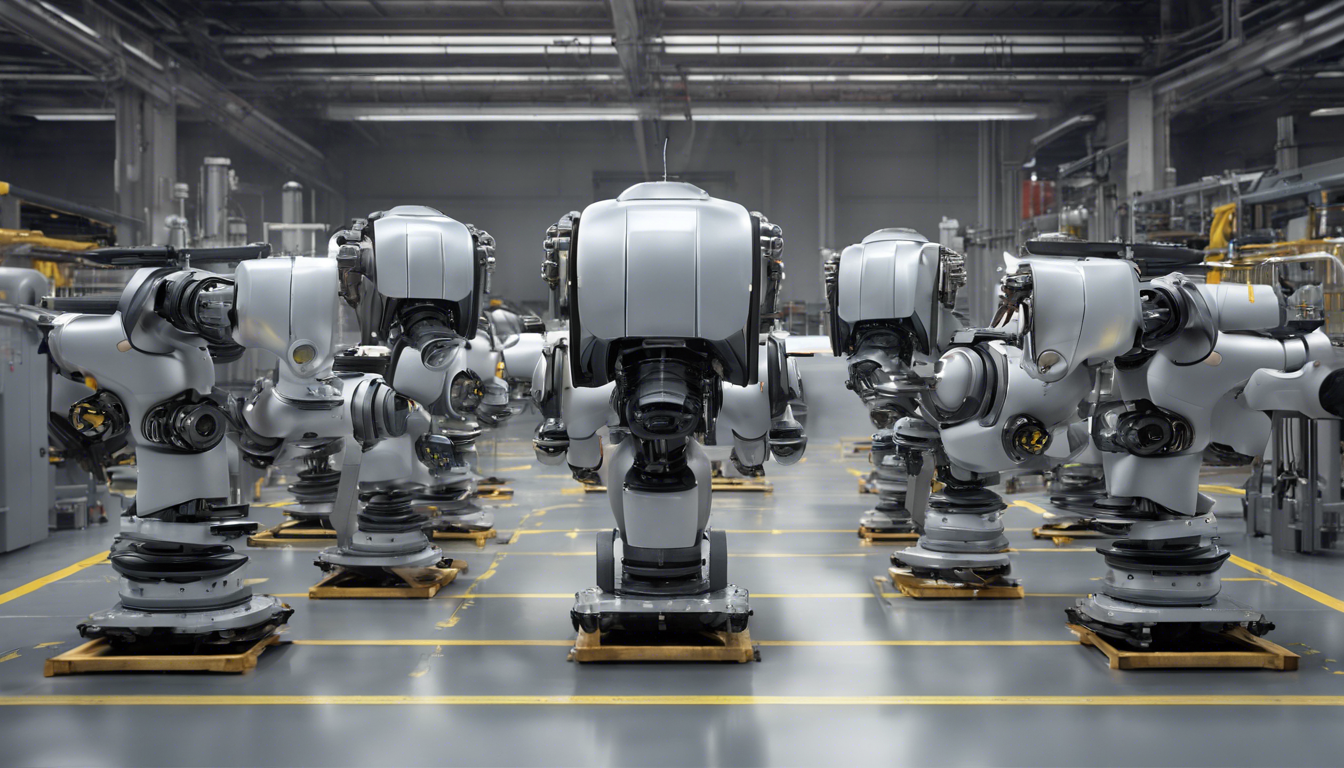AI Insights: Minimum Wage Hikes and Robot Adoption Trends Toward 2035 Industrialization
Abstract
This study reveals that an increase in the minimum wage leads to a higher probability of firms adopting robots (extensive margin). For firms that have already integrated robots into their production, an increase in the minimum wage does not affect the quantity of robots used (intensive margin), as the variation in labor costs induces two countervailing effects: the substitution effect and the scale effect. In terms of the intensive margin, the impact of the minimum wage is more pronounced in industries with high product substitution elasticity. Regarding the extensive margin, the influence of the minimum wage rise is more significant for high-productivity firms in their decision to use robots. The findings of this paper provide insights for China's ambitious 2035 vision of essentially achieving a new type of industrialization.
